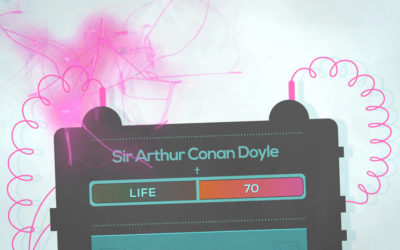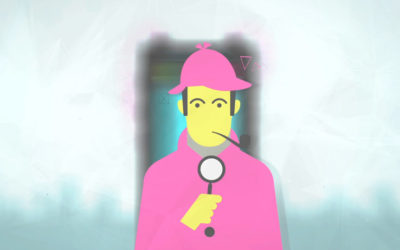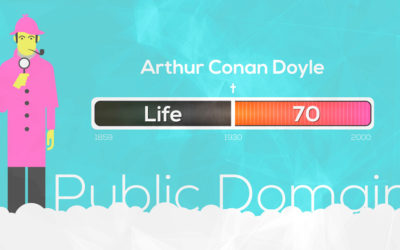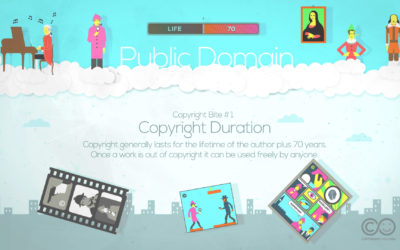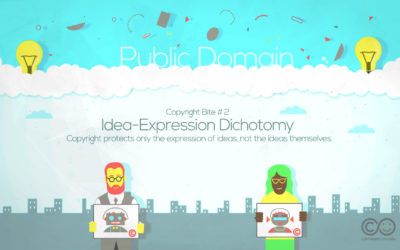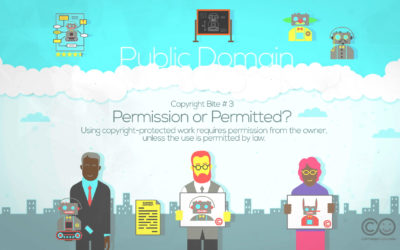Copyright Bite #1.2
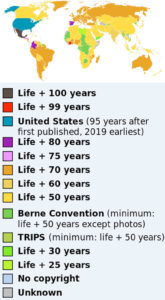 Moreover, while a work may be in the public domain, the recording of that work may well be in copyright. For example, Mozart’s music is in the public domain and free for everyone to use it, but the recording of his Symphonies 38-41 made by the Scottish Chamber Orchestra and released in 2008 are in copyright, and will remain in copyright until 31 December 2078 (that is, 70 years from the end of the year in which they were first published).
Moreover, while a work may be in the public domain, the recording of that work may well be in copyright. For example, Mozart’s music is in the public domain and free for everyone to use it, but the recording of his Symphonies 38-41 made by the Scottish Chamber Orchestra and released in 2008 are in copyright, and will remain in copyright until 31 December 2078 (that is, 70 years from the end of the year in which they were first published).More from Bite #1
Copyright Bite #1.1
Copyright does not last forever. In the UK, and across Europe, copyright in books, plays, music, works of art and films comes to an end 70 years after the author’s death.
Copyright Bite #1.3
The man in pink is, of course, the inimitable Sherlock Holmes. Even before Holmes was released from the time capsule, you probably knew it was him.
Copyright Bite #1.4
Having become tired of his famous creation, Conan Doyle decided to kill him off in 1893.
Copyright Bite #1.5
Once an author’s body of work enters the public domain it is free to be re-used by anyone.
Copyright Bite #1.6
When most people discuss copyright in a work coming to an end, they talk about the work falling into the public domain. The metaphor of ‘the fall’ carries a number of – mostly negative – connotations.
More Copyright Bites
Copyright Bite #1
Copyright Bite #1 considers how long copyright lasts and what it means to say that a work is protected by copyright or in the public domain.
Copyright Bite #2
Copyright Bite #2 explores how copyright protects only the expression of ideas and not ideas themselves.
Copyright Bite #3
Copyright Bite #3 considers how you can lawfully make use of, or borrow from, works that are still in copyright, but without having to ask for permission or make payment to the copyright owner.
Copyright Bites Credits
Copyright Bites: Credits and Acknowledgements

